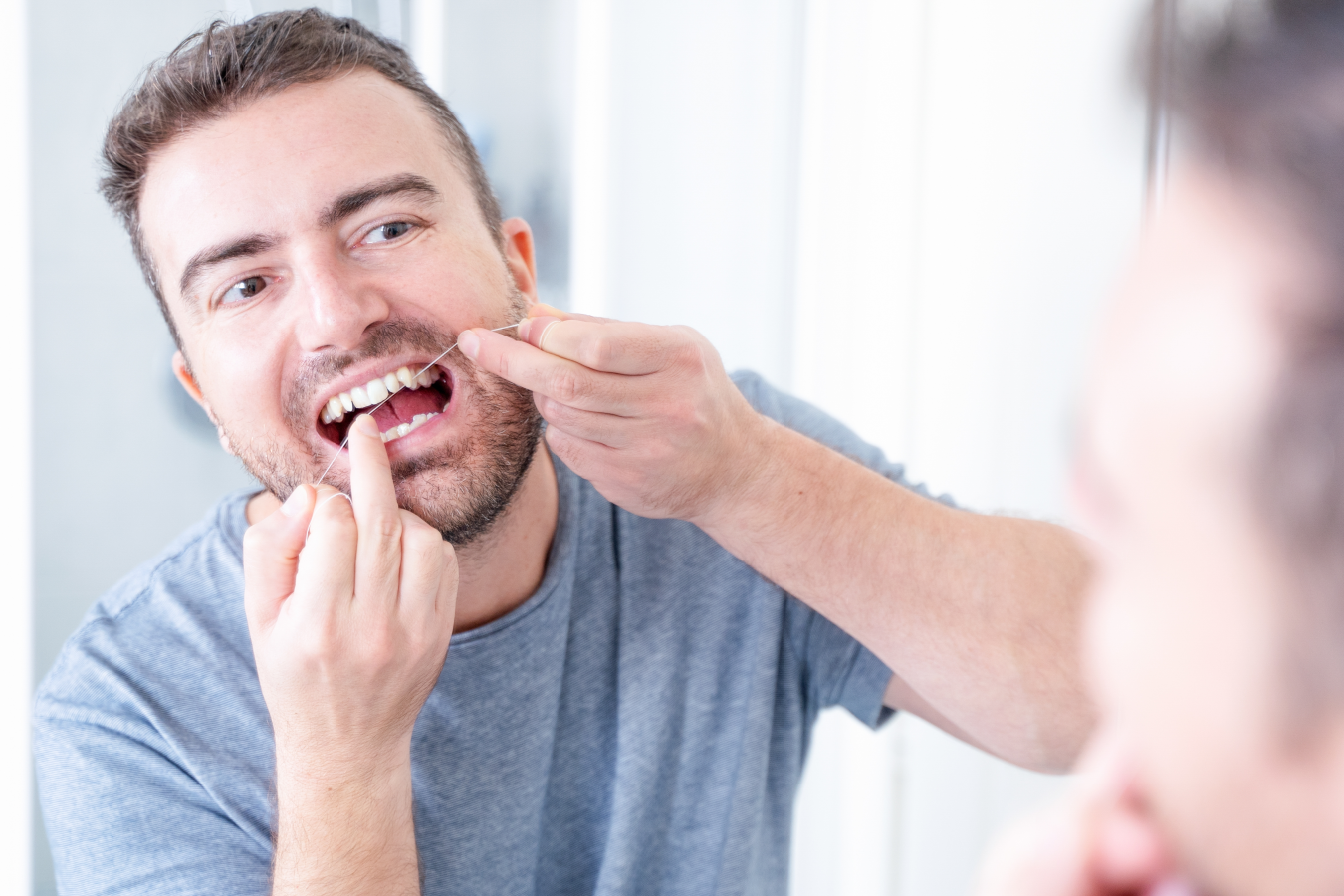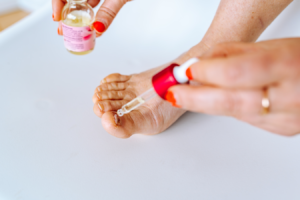Lack of good hygiene is one of the most common mistakes that harm the health of adults and children, as the absence of these practices facilitates contact with harmful microorganisms.
“Personal hygiene is one of the fundamental components of a healthy lifestyle and is related to other aspects such as nutrition, physical exercise, and mental health,” explains physician and surgeon Katherin López. In other words, maintaining good health at all levels requires practicing daily hygiene practices both at home and in other work and social spaces.
In every environment where we operate and carry out our daily activities, there are various microorganisms, including bacteria , fungi, viruses , and parasites found on various surfaces and objects. This is why it is vital to maintain proper hygiene habits to prevent these pathogens from entering and replicating in the body, causing illness or discomfort. The consequences can range from the common cold to a generalized bloodstream infection.
Common hygiene mistakes
Not washing your hands: Due to a lack of habit or time, many people avoid washing their hands at important times. For example, before every meal, after using the bathroom, or after touching surfaces or pets. This is one of the most common mistakes, as it facilitates the spread of bacteria that are abundant in the environment. If you don’t have access to soap and water, another option is to use a disinfectant while you find a space to properly wash your hands.
Not wearing a mask at certain times: When in contact with sick people with any symptoms of respiratory illness, it is important to wear a mask to avoid infection. Likewise, it is advisable to avoid contact with sick people, as this increases the likelihood of contamination.
Maintaining a cluttered and dirty environment: Just as it’s important to maintain good personal hygiene, it’s also important to ensure that your home, work, and other spaces are in perfect order and free of dirt. This can also reduce the risk of illness and improve your mood.

Not flossing: Brushing after every meal is one of the most basic habits for ensuring good oral health. However, flossing is also a way to prevent gum disease, cavities, and the buildup of plaque. Many people skip this routine, leaving room for bacteria to build up.
Not bathing daily: Bad odors and skin rashes can be a result of poor personal hygiene. One way to avoid these discomforts is to shower daily with soap and water. This habit prevents the spread of bacteria and dirt.
In addition to avoiding these mistakes, other recommendations for ensuring good health through hygiene include: using your personal hygiene products, drinking two to three liters of water a day, maintaining a balanced diet, sleeping about eight hours a day, and exercising at least thirty minutes a day, suggests López.
Hygiene habits for adults and children
According to López, the following steps can be taken to foster daily hygiene habits in children and adults:
- Establish a daily hygiene routine, including washing your hands, bathing or showering, and brushing your teeth.
- Provide education on the importance of hygiene.
- Make hygiene fun and accessible, especially for children.























+ There are no comments
Add yours